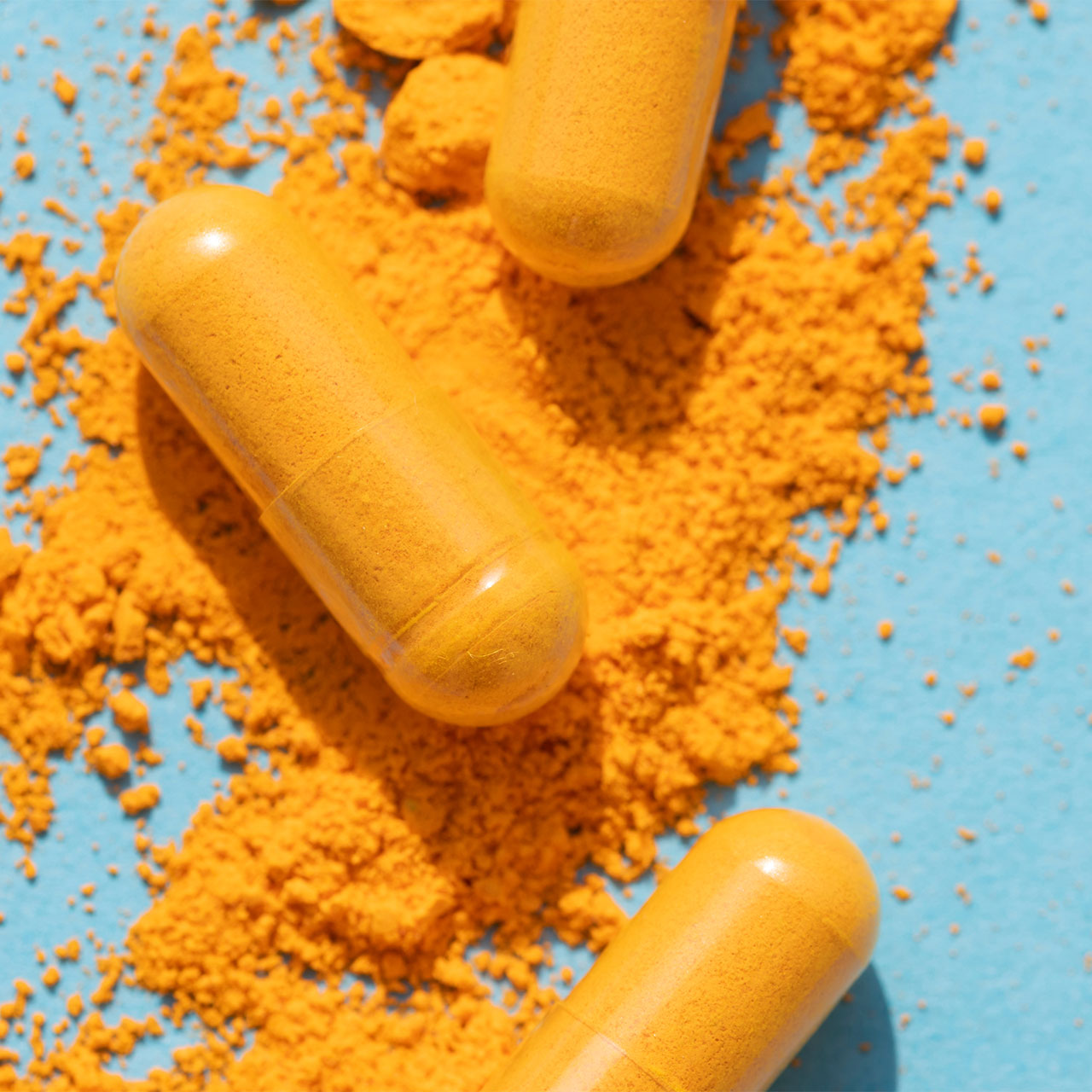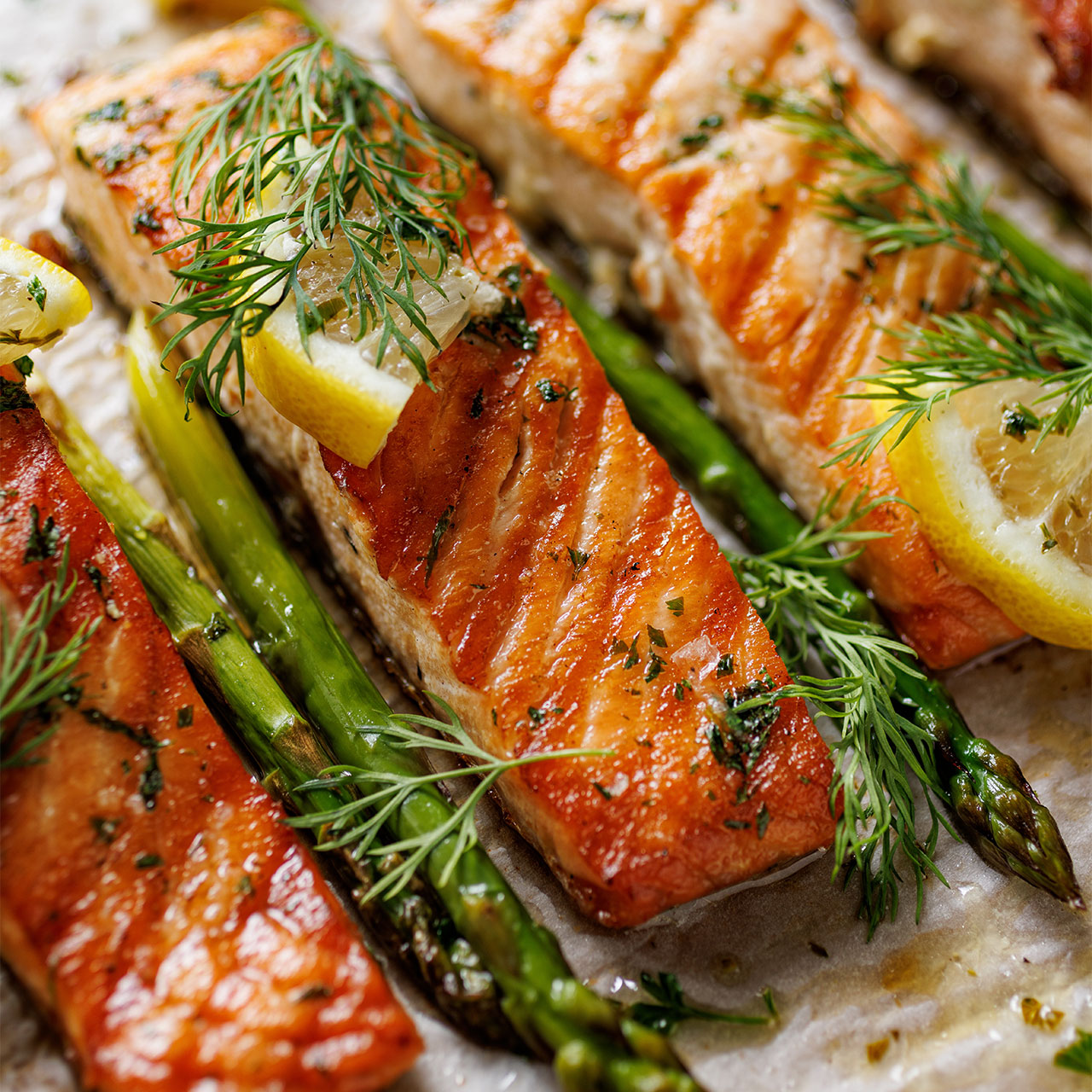Looking to eat more foods that promote cognitive health? You’re in luck. In an insightful TikTok video, a brain health expert revealed nine foods and drinks that can help boost a healthier brain and “grow new brain cells.” Neuroscientist and popular TikTok personality Robert Love dedicates his expertise to Alzheimer’s prevention through a blend of scientific inquiry and practical dietary guidance.
He broke down why blueberries, chia seeds, dark chocolate and other foods are surprisngly greata for your brain health this winter. At the start of the video, Love explained that he intended to share “nine foods and the nutrients that help produce BDNF,” or the protein, brain-derived neutrotrophic factor. These foods, he noted, were also approved by “Dr. Shintani from Harvard.”

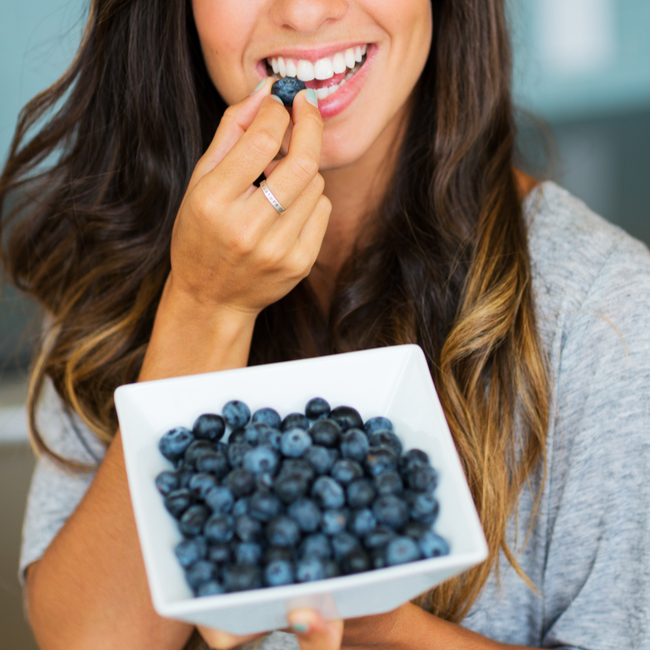
9 Foods To 'Grow New Brain Cells,' According To A Cognitive Health Expert
1. Blueberries
Blueberries were the first food that Love suggested. He claimed that these fruits "provide anthocyanins," which are water-soluble pigments that contribute to the red, purple, or blue hues of fruits, vegetables, and flowers.
Love pointed out that because blueberries contain nutrients like antioxidants that can help protect brain cells and enhance cognitive function, they are excellent for enhancing brain health.
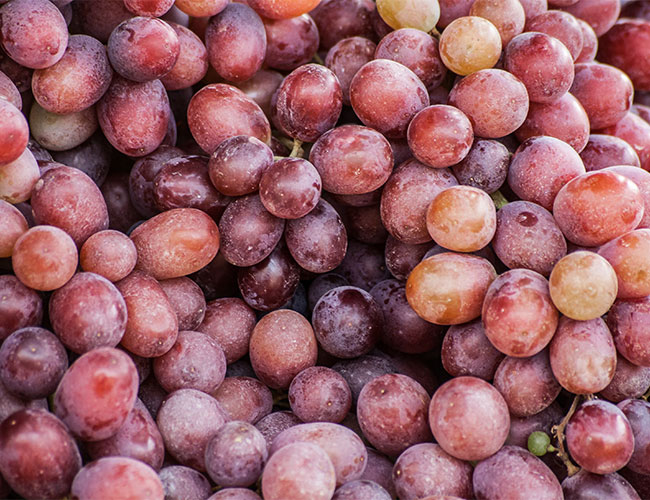
2. Red Grapes
According to Love, red grapes have antioxidants that improve memory and lower oxidative stress, which can aggravate neurological disorders like Parkinson's and Alzheimer's. Grape polyphenols may aid in brain function and have antioxidant qualities.
Additionally, grape seed extract might help stop the buildup of amyloid beta in cells, which could stop plaques from forming.

3. Green Tea
Love said that green tea "provides epigallocatechin, gallate or EG CG. No. 4," a potent antioxidant compound that is thought to be the most prevalent catechin in green tea and is frequently researched for its possible health advantages, such as anti-inflammatory and anti-cancer qualities.

4. Coffee
Love said that coffee "provides chlorogenic acid," a polyphenol compound present in coffee and black tea as well as other plants, fruits, and vegetables.
He hinted that it has numerous potential health advantages, such as being an antioxidant and helping with neuropathological conditions by lowering the production of ROS, preventing oxidation, and inhibiting neuroinflammation.
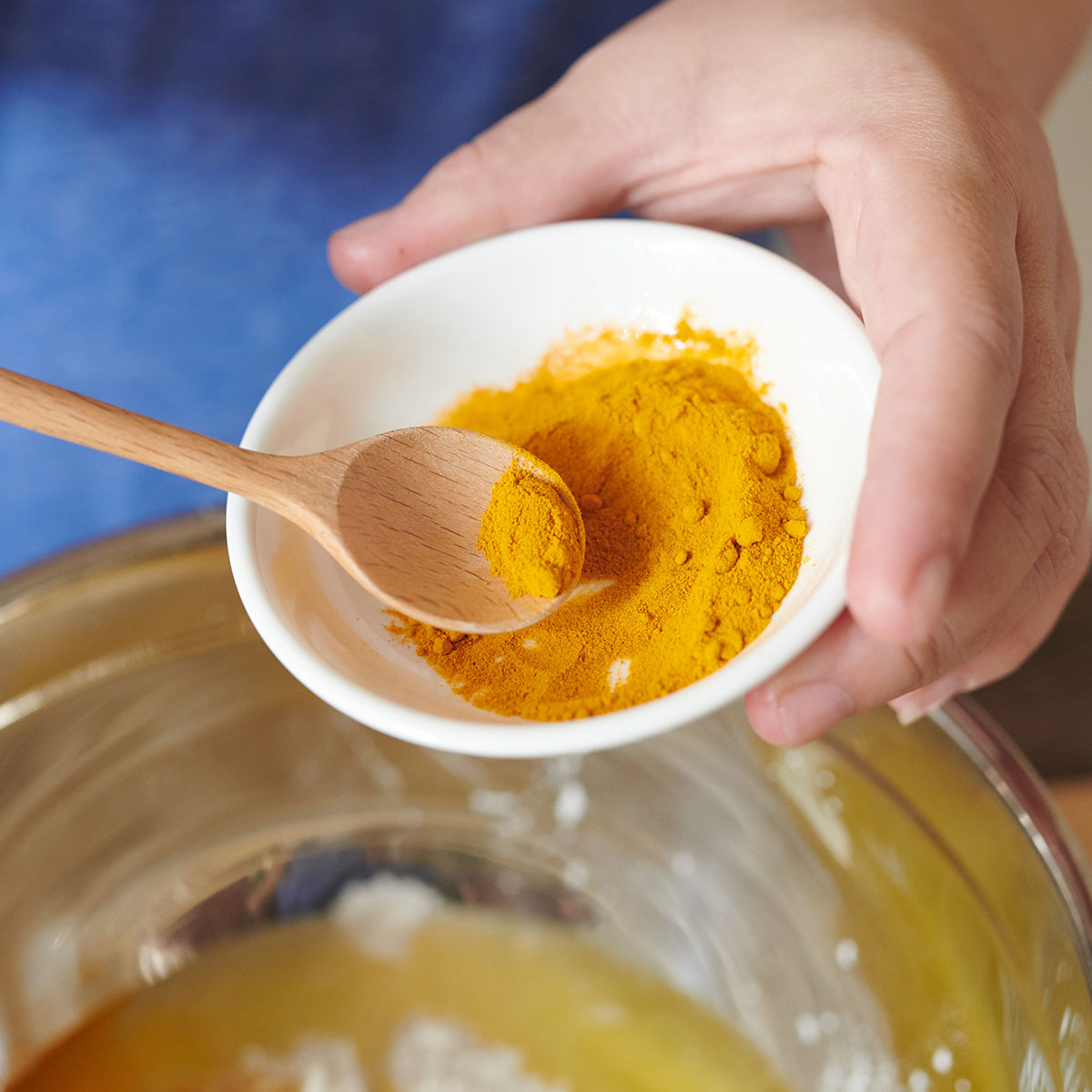
5. Turmeric
Turmeric "provides curcumin," Love explains. According to Love, curcumin, a substance present in turmeric, has a number of potential advantages for the brain, such as lowering inflammation, raising docosahexaenoic acid (DHA), which is crucial for brain growth and function, enhancing memory, possessing antioxidant qualities, and more.
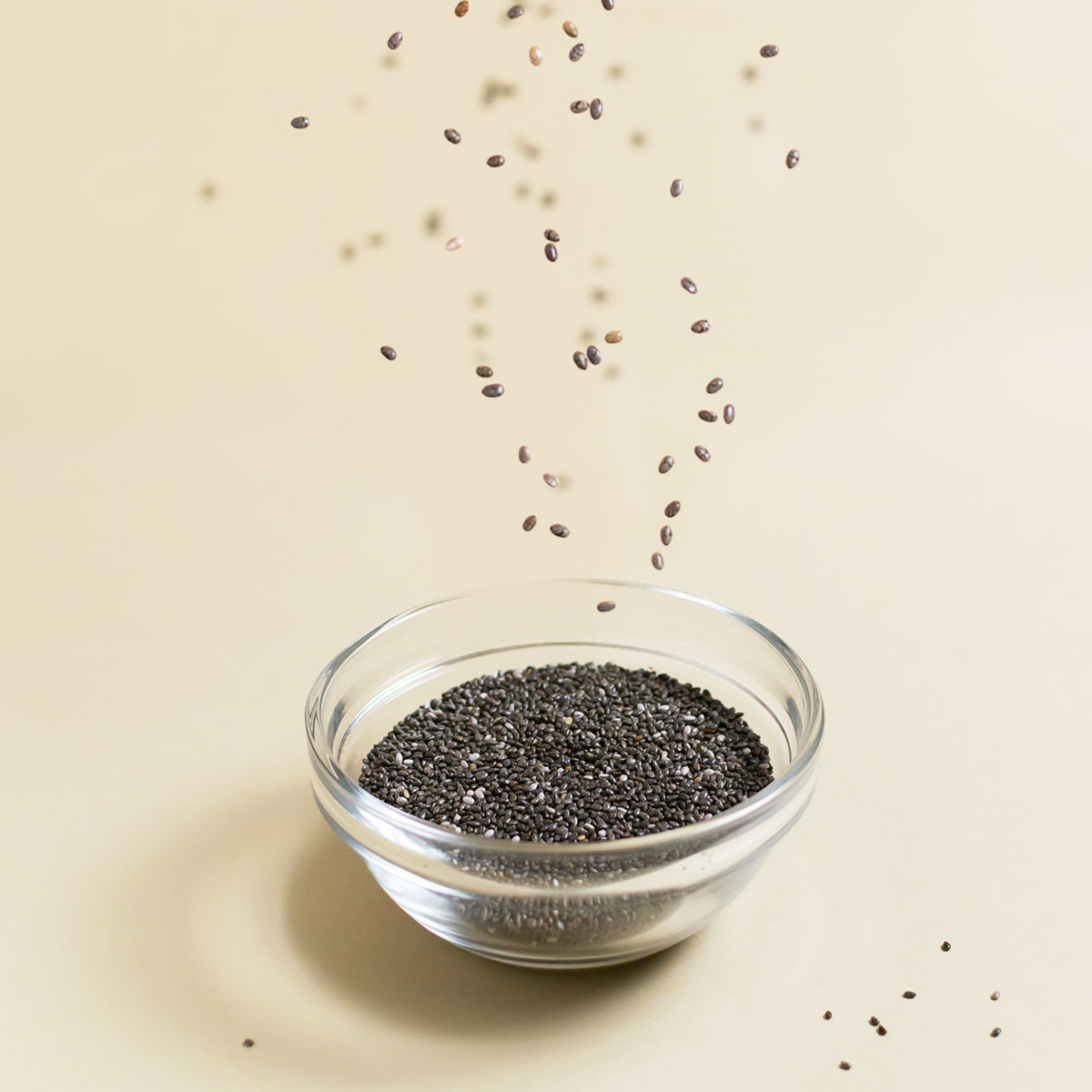
6. Chia Seeds
As Love noted, these seeds and flax seeds are thought to be brain-healthy due to their omega-3s, fiber, and antioxidants, which can support mental health, inflammation reduction, and cognitive function. Additionally, they are a good source of amino acids and plant protein.

7. Dark Chocolate
This treat can provide "polyphenols and procyanidins." As Love has stated on his channel, flavonols in dark chocolate improve brain function, including memory, visual-spatial awareness, and reaction time. One explanation for this could be that flavonols improve blood flow to the brain, though studies are still being conducted.
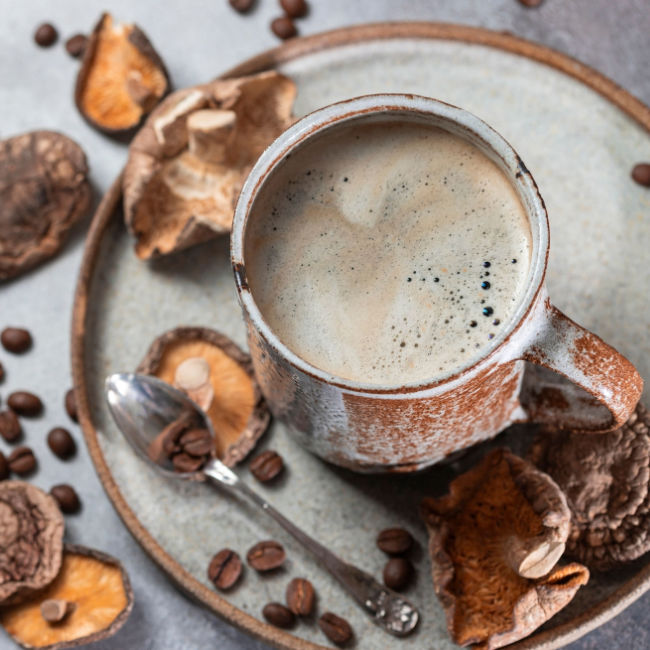
8. Lion's Mane Mushrooms
"Lion's mane mushroom has hericenones," Love said, regarding the mushrooms often used in coffee. These substances have an impact on the release of nerve growth factor (NGF), which controls brain cell growth and survival.
Additionally, there is some evidence from earlier epidemiological studies that eating mushrooms may reduce the risk of neurodegenerative diseases like Alzheimer's or other types of dementia as people age.
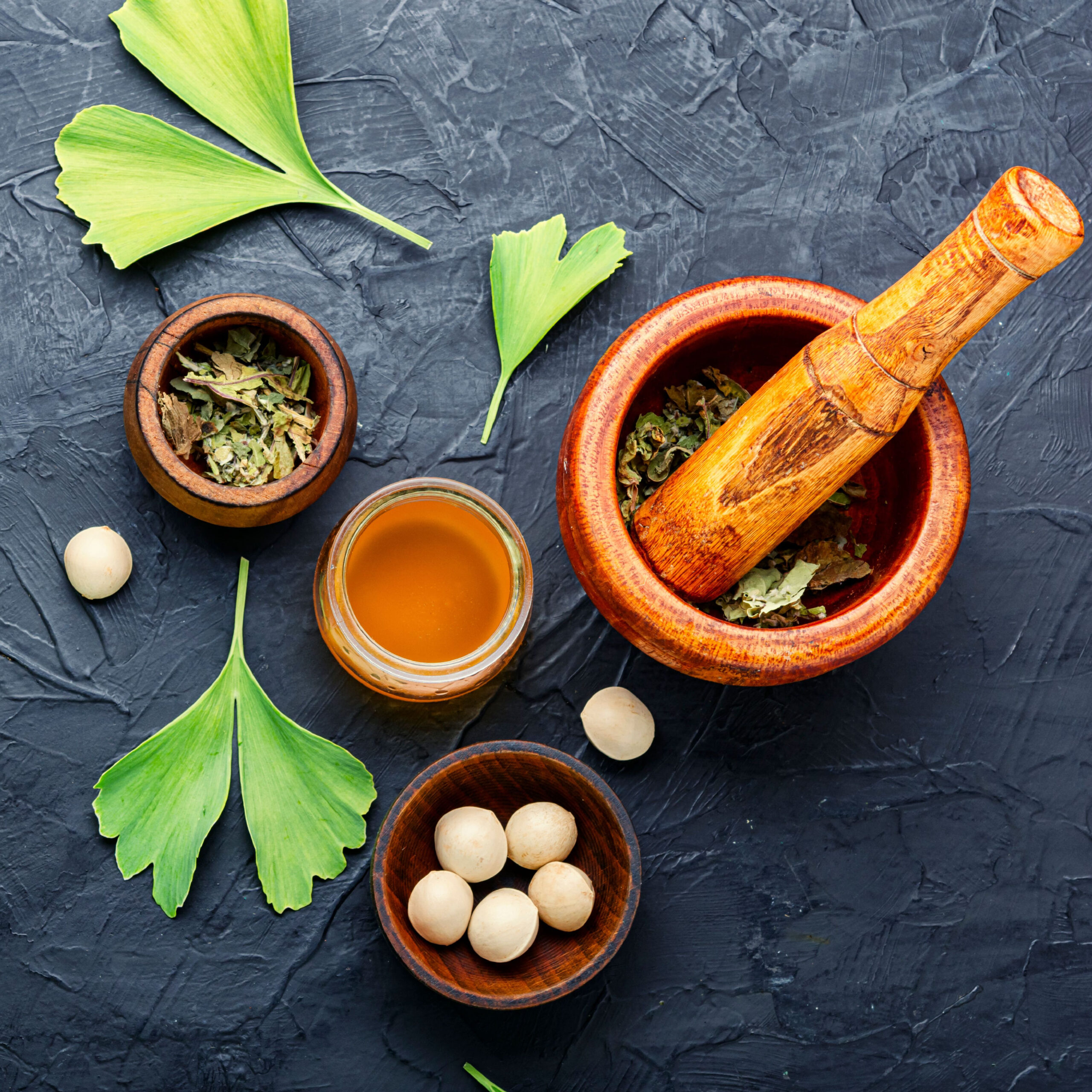
9. Bakopa Monieri
Love also suggested that the perennial creeping herb Bacopa monnieri is great for the brain. It is indigenous to the wetlands of North and South America, Europe, Africa, Australia, and southern and eastern India.
Common names for it include herb of grace, brahmi, thyme-leafed gratiola, Indian pennywort, and water hyssop. Bacopa has been shown in numerous clinical studies to improve verbal learning, delayed word recall, memory acquisition, and anxiety reduction. Some have characterized it as a soothing cognitive enhancer. The majority of the herb's pharmacological effects are thought to be caused by the triterpenoid saponins.
9 Foods to Grow New Brain Cells. #foods #brainfood #neurogenesis #bdnf @PeaceDiet.org #robertlove #robertwblove ♬ original sound - Robert Love
The Bottom Line
Love concluded his video by noting that "all of these nutrients stimulate the production of BDNF."
Overall, making your cognitive health a priority and revamping your diet will allow you to improve your memory, focus, creativity, mood, sleep, and more–not to mention lower your risk of cognitive diseases like Alzheimer’s and dementia.









